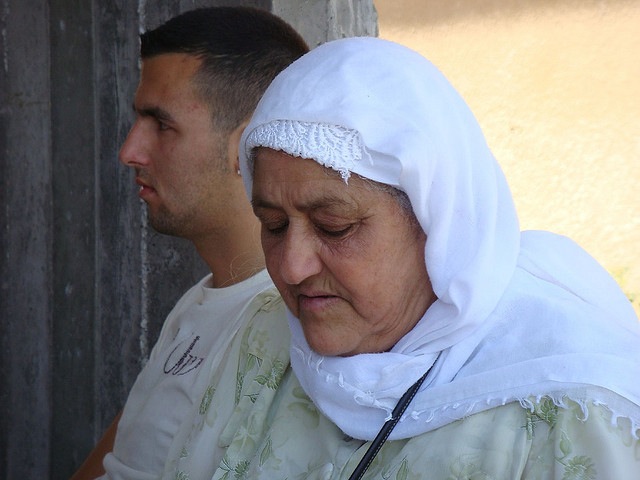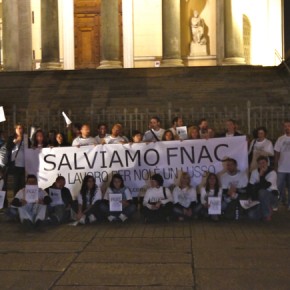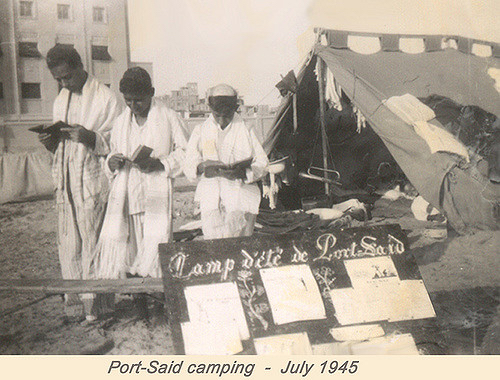Following Benjamin Netanyahu’s announcement that he was forming a joint list for the upcoming election with Avigdor Lieberman’s fascist Yisrael Beiteinu party, there was no shortage of analyses of what this would mean. Indeed, there had been plenty of projections and polls, even more so than usual, in recent weeks.
This was not just because the elections had been called early, but also due to the rumors of returns of key figures like Ehud Olmert, Tzipi Livni and Aryeh Deri to the political arena. We pundits simply eat up polls and political stratagem, and speculations of a centrist “super party” that could challenge Netanyahu got the keyboards clattering.
The polling reports kept putting together these projected totals of seats in the Knesset (the Israeli parliament) divided between “right/nationalist” and “center-left.” The former group would be the presumptive coalition under Netanyahu, and the latter, the opposition. The tallies were routinely 68-52, 66-54 or something along those lines. They made it look as if Israel’s opposition could perhaps form a majority coalition if it could just entice a medium-sized party, or a few small ones, away from Bibi.
But this is not the case, for a simple reason that is too often ignored: that so-called “center-left” grouping includes the dreaded “Arab parties.” Those parties are not, have not and will not be part of a governing coalition. Take away those eleven or twelve seats and you can see why Tzipi Livni could not form a coalition in 2009, despite leading the party that secured the most seats in the Knesset.
These parties – Balad, Ra’am-Ta’al and the Jewish-Arab Marxist party, Hadash – are fully legal Israeli parties. But no matter how desperate a potential Prime Minister is, they will not try to bring them into a governing coalition. They are, of course, not Zionist parties, the only ones in the Knesset, and this is certainly the primary reason most Israelis think of for why they cannot be part of coalition governments.
But in this context, non-Zionist is simply interchangeable with Arab. These parties represent the Palestinian citizens of Israel, and the number of Zionists in that community is obviously going to be negligible, if not zero. The meaning of this goes much deeper than the fact that Bibi’s opposition has twice as far to go to assemble a potential coalition than polls suggest.
The Knesset members from these parties have the same vote as every other member, of course. We are reminded endlessly that the “Middle East’s only democracy” gives the same voting rights to its Arab minority as it does to the Jews for whom the state exists. And so it does. But what does that mean for Palestinian citizens of Israel?
For Israelis who identify themselves as Palestinians, the election booth is a fraught place. Do they suck it up and vote for a Zionist party because it may help bring some positive change to their status? Or do they vote for one of the marginalized parties, perhaps gaining them another seat in the Knesset, but strengthening the Israeli right in the process. It’s not an easy decision.
In the early years of the state, the vote from the Arab sector went solidly to Mapai, the forerunner of today’s Labor Party. That started to change after 1967, when Arab citizens could reconnect with their families in the West Bank and Gaza, eventually moving to the “Palestinian citizen of Israel” identity. In tune with the times, more radical, progressive parties came about, and Arab parties, which had traditionally been largely aligned with, and often controlled by Mapai, began charting a more independent course.
In the early 1990s, during Yitzhak Rabin’s government, the Arab parties (Hadash and the Arab Democratic Party) played their most significant role, acting outside the government as a block vote, preventing Likud from bringing Rabin down with a no-confidence vote. Rabin secured this cooperation with vague promises of improved municipal services to Arab towns and cities, some of which materialized, most of which did not. This was the height of the non-Zionist parties’ power in the Knesset.
By the time of the collapse of the Oslo Process and the outbreak of the Al-Aksa Intifada, Palestinian Israelis had become frustrated and disillusioned. Many were especially dismayed at the Barak government’s massive response to the early days of the uprising, when, well before the Palestinian violence had gone beyond riots and a few isolated, albeit ugly, incidents, Israel fired over one million bullets in just a few days in the Occupied Territories, killing dozens and wounding nearly 1,900 in what it surely hoped would be a quick, massive strike that would quell the violence (it had, of course, the opposite effect.) When a protest inside Israel was organized by the Palestinian Israeli community, it ended with 13 dead Palestinian citizens of Israel.
This all happened under Prime Minister Ehud Barak who, in 1999, had won the election by fewer votes (350,000) than the number of votes he got from the Arab sector (400,000.) Indeed, there had been hope among Palestinian citizens of Israel that Barak might invite an Arab party into his government. Instead, Barak moved toward the settlers and the Shas party. Already smarting from this disappointment, the violence angered Palestinian Israelis even further, and they boycotted the next election, which Ariel Sharon won in a landslide.
That election was the last one that was only for Prime Minister, rather than the usual Israeli practice of voting for party lists. Thus, since then, it has not been possible to abstain from voting for Prime Minister while still being able to vote for some sort of Palestinian representation in the Knesset. Despite this, Palestinian voter turnout, which had been steady, between 77% and 79% throughout the 1980s and 1990s, has continued to decline since 1999, reaching a low of 53% in 2009. *
The reason seems obvious: the 2001 boycott (voter turnout then was only 19%) was the result of Israel sending its Palestinian citizens a message that their voices were not heard, and that, in fact they were viewed with suspicion. The increased calls ever since, and not only from Avigdor Lieberman, for “encouraging” Palestinian citizens to leave Israel have reinforced this. So have the various harassments of Arab members of the Knesset, including legal charges being brought against some and abusive behavior directed against them in public.
Since 2001, Israeli campaigns have largely ignored the Arab vote, which was not the case before even if after the elections they might have ignored the Arab sector. And what would Zionist candidates have to say to them if they tried to woo them? Could they realistically promise budget increases to their municipalities when Israel is facing major budget cuts? Could they promise to stop uprooting Bedouin in the Negev? Could they promise to reach an agreement with the Palestinians of the West Bank, let alone Gaza? Could they promise to stop efforts to push Palestinian residents out of Jerusalem? Could they promise to stem the rising tide of support for the sort of racism and fascism represented by Avigdor Lieberman?
They might try to offer such promises. However, I doubt many Palestinian Israelis would believe them. So, yes, Palestinian citizens of Israel have the right to vote. They just don’t have a vote that means very much.
*Thanks to Professor As’ad Ghanem of the University of Haifa for these statistics and for much of the background information in this article.
Photograph courtesy of dlisbona. Published under a Creative Commons license.





